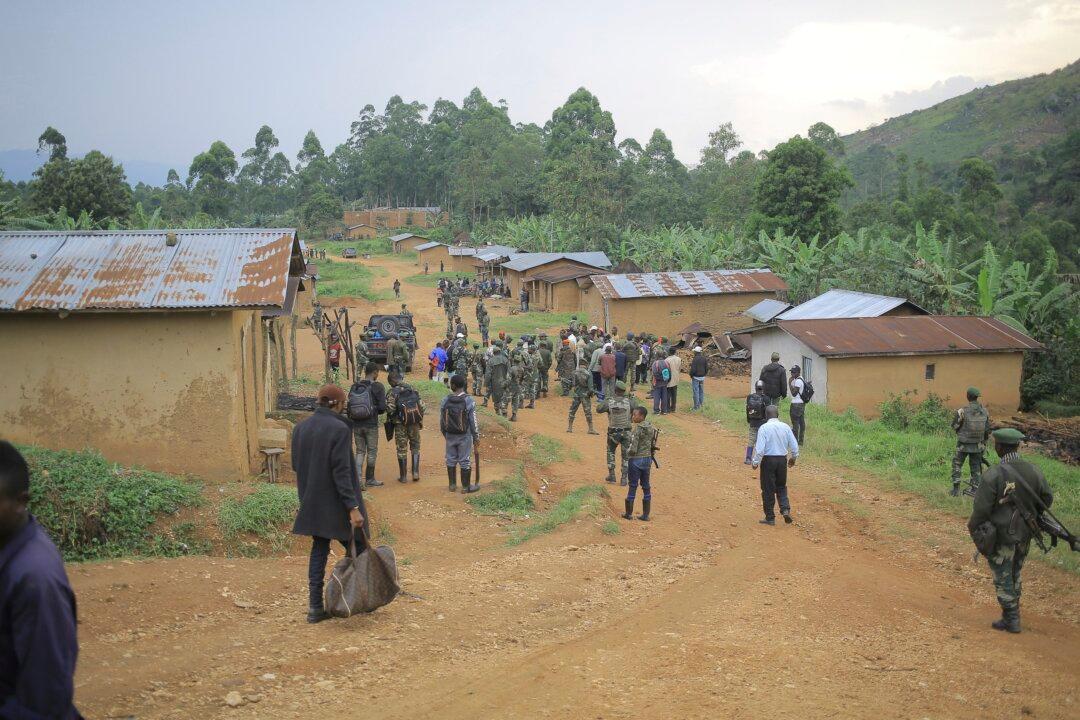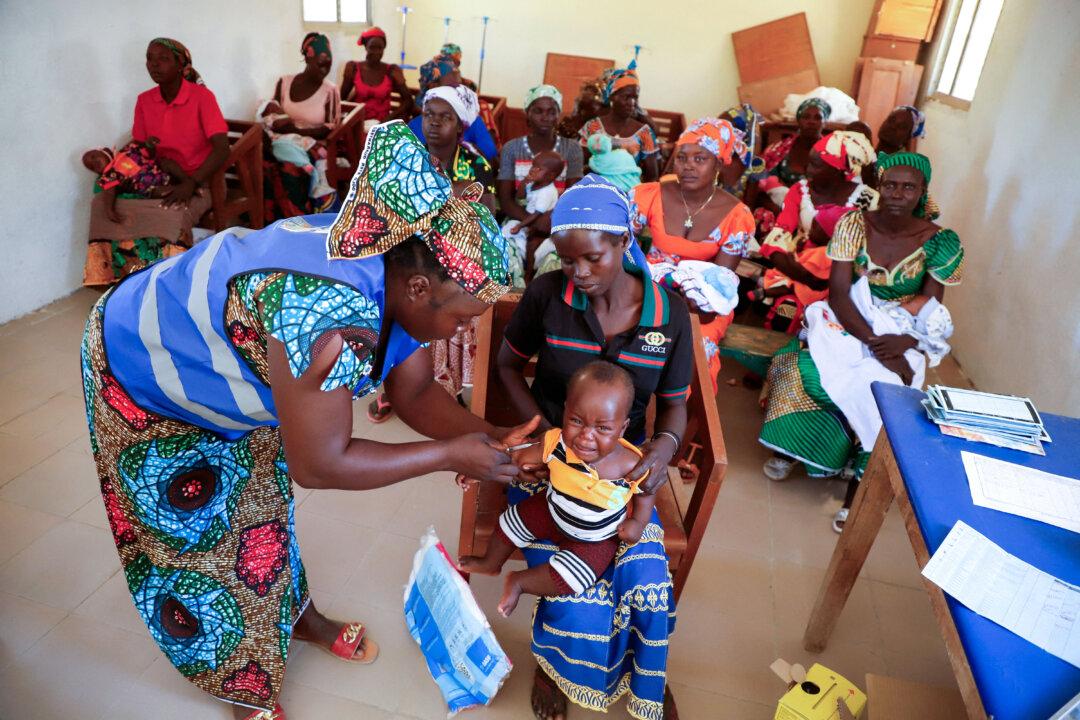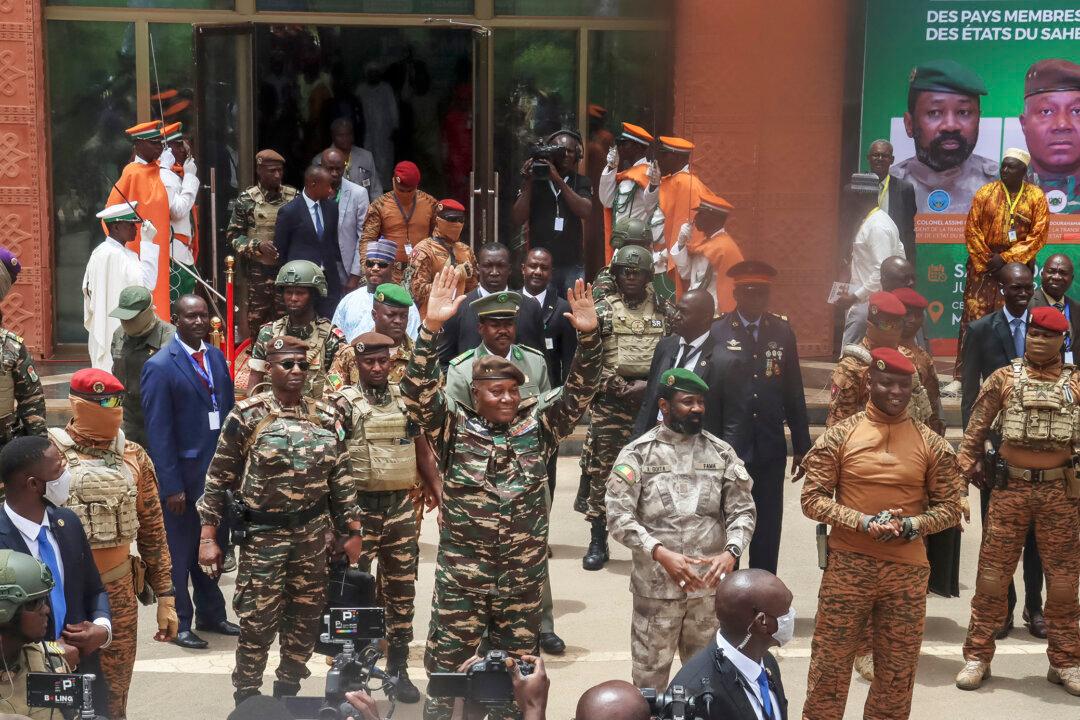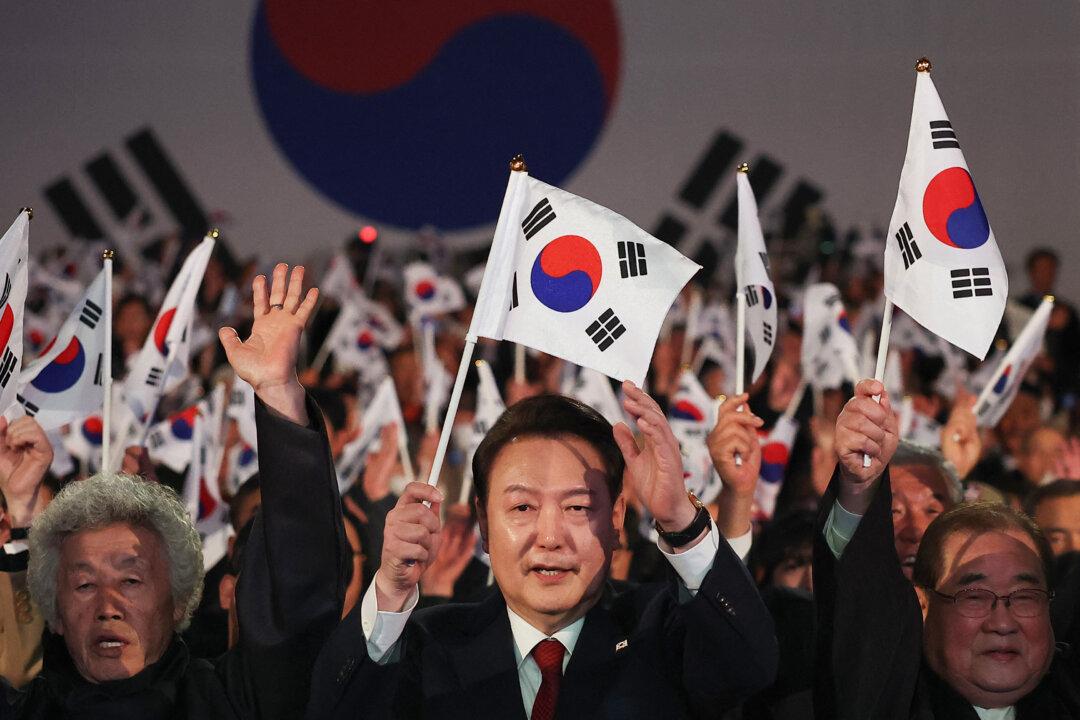A prominent rebel group in the war-torn eastern Democratic Republic of the Congo (DRC) says it’s withdrawing from some key territories it had seized, amid what the armed group terms the government’s “umpteenth violation” of a ceasefire that the M23 rebels unilaterally declared on March 7.
The group ceded the territory to the East African Community Regional Force, which was deployed to try to end bloodshed between the rebels and the government.





